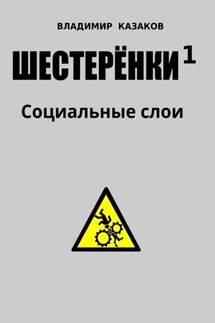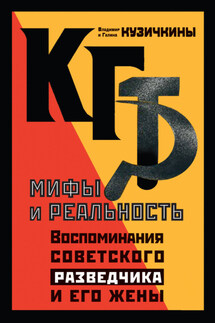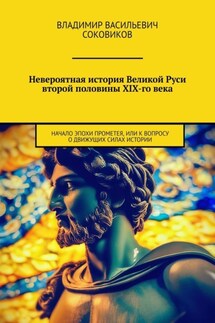День, когда рухнул мир - страница 7
My wife and I walked silently down the Arbat. It was crowded. There were street artists, photographers, singers, poets and lively discussions. Young people like everywhere in the world were enjoying themselves, loving, hating and arguing.
The underpass leading to the Metro was filled with painters. I pushed my way through the crowd out of curiosity, and – was dumbfounded. A painting depicted the Genghiz Hills. I would have recognized those long bends and ravines anywhere. I touched my wife’s elbow.
«Look, can you see Genghiztau? Can you see how the fiery clouds tear the picture apart and how the evil dirty-grey mushroom hangs suspended in the sky?»
At the foot of the hills, incensed horses, their teeth bared, snorted wildly. The whole scene was being observed by a little girl dressed in white, with enormous demented eyes. «It can’t be,» I thought. «This is no mere coincidence. This has been painted by someone who has seen everything with his own eyes…»
But this painting hung above a bearded, young man who swiftly and confidently was painting the portrait of a young woman who sat before him, rigid with tension.
«Where does this painting come from? Is it yours?» I asked.
«Why, do you like it?» the painter answered the question with another.
«It’s not a question of liking it or not liking it. It’s terrifying,» I said, not being able to tear myself away from the painting.
«Terrifying for some and not for others,» the young man said indifferently, smirking and handing the finished portrait to the young woman, «I’ll draw you, if you like,» he offered. «If you’re in a hurry I can draw you in pencil, but if you have time I can paint you and you’ll have a solid portrait. They like solid portraits in Central Asia.»
«How do you know what they like in Central Asia?» slipped out from my lips.
«I know, I’m no fool,» barked the painter.
It was obvious that there was something in my face that made him look away and change his tone of voice.
«The person who painted this picture was much smarter than I. He understood Central Asia with his soul.»
«It’s Kazakhstan,» I said. «The hydrogen bomb test.»
«You’ve guessed it. Kazakhstan. Some hills, the name of which I can’t remember. The painting is by my father,» confessed the painter after a brief silence.
«They’re the Genghiz Hills,» I said. «Is your father alive?»
«He died at the end of the sixties. Cancer of the gullet. My mother said that it was in these very hills that he contracted his illness. He only began to paint just before his death.»
«Is the painting for sale?» I asked.
«Everything is for sale,» he grinned. «If only there was money…»
His cynical, philosophical reply took away my inclination to ask him any further questions. It was clear enough that the self-styled painter had either been an eyewitness or a participant in those evil events. I paid for the painting. I paid the fellow handsomely. The painting now hangs above my desk…
In the plane I began to read Hiroshima by Makoto Odo. I had first heard about this novel from my father. Over several days I had scoured the library for this book to take with me on my trip.
It took several days to make our way into the depths of the Genghiz Hills. As we walked, we drove the cattle forward and holding the horses by the reins, urged them on.
The high mountain passes, the valleys, the green pastures, trees, rivers, springs – I, who had come for the first time to the summer pastures, was struck by their glorious, pure beauty, enticed by their mystery. Is man capable of destroying such divine beauty with his own hands? Sheer insanity…



![Bo][ing Day истребить «колхозника»](/uploads/covers/fe/bo-ing-day-istrebit-kolhoznika.jpg)



